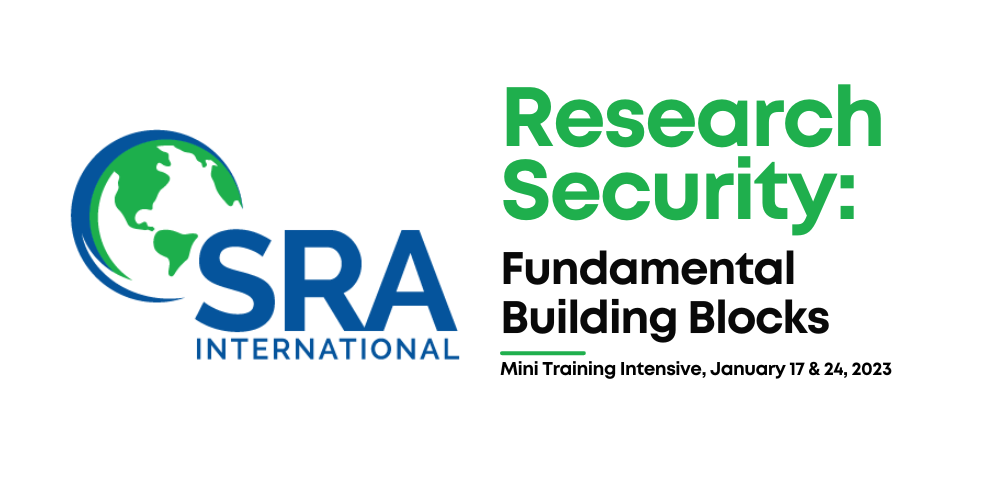Insights
We want to make sure you have the information you need to successfully protect your organization and its intellectual property.
Here you can find our Knowledge Base of everything related to Research Security Management, Insider Threat Risk Management, and other security-related topics.
If you’re looking for a specific regulation or guideline, click the button below to see our list of resources.
Latest Posts

IPTalons Receives Recognition: National Science Foundation Is Looking to the Texas A&M System to Help Others Protect Their Sensitive Research
Check out IPTalons mentioned in a recent press release by Texas A&M University. The National Science Foundation (NSF) recently awarded four grants to create research security training programs in U.S. universities.

Top 3 Things Every VPR Should Know
In this micro-webinar, IPTalons CEO Allen Phelps shares his thoughts on what every Vice Provost or Vice President for Research (VPR) should know about the design, implementation, and management of a Research Security Program.

Deemed Exports and the Influence on Research Security
The world of research security is a confusing environment to navigate with ever-changing policy initiatives, persistent threats from insider threats, and external targeting, all while upholding the valued open research and development culture in the United States.

IPTalons Appoints Dr. Kevin Gamache to Board of Directors
IPTalons, a leading insider threat research security and compliance managed service provider to industry, research universities, and U.S. government agencies, today announced the appointment of Kevin R. Gamache, Ph.D. to its board of directors.

Blink and You Might Miss it: How the NDAA 2023 Impacts Research Security
On December 23, 2022, President Biden signed the Fiscal 2023 National Defense Authorization Act (NDAA 2023). While research security is not the primary focus of the NDAA 2023, it still makes an appearance and continues to build on the efforts laid out in the CHIPS & Act and NDAA 2022.

iSRA - 2023 Research Security: Fundamental Building Blocks
IPTalons is excited to announce that we are leading the Society of Research Administrators International (SRAI) 2023 Research Security: Fundamental Building Blocks, a Mini Training Intensive.

Defining What "Malign" Means in a Maligned Foreign Recruitment Program
Federal research grant funding agencies, such as the National Science Foundation, the National Institutes of Health, and the Department of Defense, have increased their scrutiny of the unreported relationships between the Principal Investigators, funded by federal research grants, and foreign influence groups.

Funding Agencies Race to Find Unreported Researcher COI: What That Means for Research University Compliance Teams
As the National Science Foundation (NSF) announced recently, the research grant funding agency has invested considerable resources to leverage big data and advanced analytics to identify principal investigators and other researchers who have foreign research collaborations and/or foreign sources of research funding.

SBIR Reauthorized: Here's What's New in 2022
The Small Business Innovation Research Program (SBIR), a critical funding mechanism for cutting-edge technologies developed by small businesses, was renewed just in time for another three years.
Putting CHIPS on the Table: Top 5 Surprises in the CHIPS Act for Research Universities
The recent passing of the CHIPS Act establishes a new direction for technology, innovation, and research in the United States. It is essential that anyone participating in the research process is aware of the importance and impact of the CHIPS Act.

The Leaky Research Funding Pipeline in the United States
Is it possible that nearly half of all the research grants provided by the National Institutes of Health (NIH) to research organizations have been compromised by Foreign Influence activities?

How to Lose Your Trade Secrets (and maybe your job) in 5 Easy Steps
As a corporate investigator specializing in the loss, theft and misappropriation of trade secrets, I have been asked by employees, contractors and other insiders caught misusing their employer’s trade secret how they should have handled the trade secret incident differently (i.e., better).

